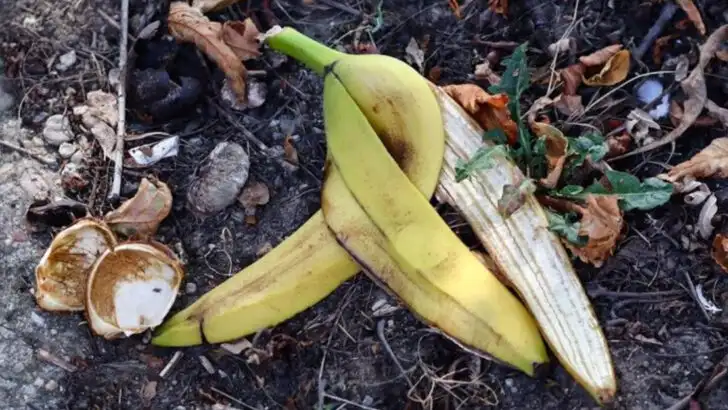Long before gardening blogs and viral TikTok tips, there were quiet, brilliant tricks shared over fences and passed down at kitchen tables. Our grandparents may not have had fancy tools or chemical fertilizers, but they grew lush gardens using clever, time-tested methods—many of which modern science now confirms were spot-on.
From using egg shells to strengthen tomato plants to burying rusty nails near hydrangeas to boost their color, these techniques might sound odd—but they’ve stood the test of time for a reason. Many of them rely on natural cycles, observation, and pure resourcefulness—the kind that turns kitchen scraps into compost gold or weeds into companion plants.
In this article, we’re sharing 15 of the most useful, low-tech gardening hacks that have been handed down through generations. They’re budget-friendly, beginner-approved, and surprisingly effective—even in today’s fast-paced, tech-filled world. Your garden (and your wallet) will thank you.
Eggshell Fertilizer
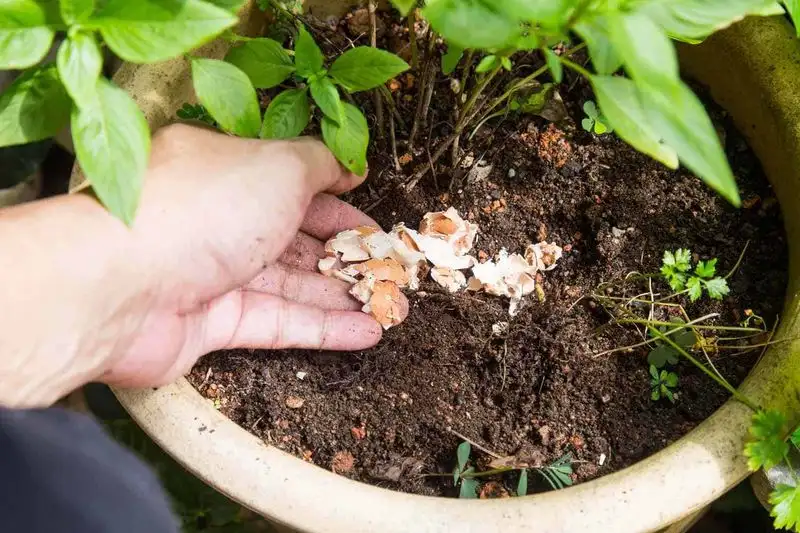
Crushed eggshells are more than just kitchen waste; they’re a calcium-rich treasure for your soil. Scatter them around your plants to improve soil quality, boosting plant health and growth. Calcium helps prevent blossom end rot, a common issue in tomato plants.
Additionally, eggshells act as a natural deterrent for slugs and snails. Place a ring of crushed shells around seedlings to keep these pesky critters at bay. This simple yet effective method has been cherished by gardening enthusiasts for generations, keeping plants thriving without the need for chemical fertilizers.
Banana Peel Boost
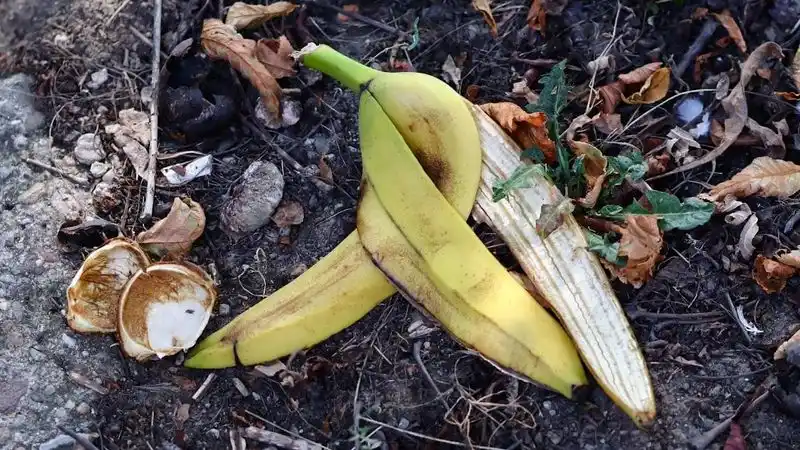
Your morning banana can do wonders for roses and other flowering plants. Bury banana peels near the base of your plants, and watch them flourish. Peels are packed with potassium, which enhances flower production and strengthens plant stems.
As these peels decompose, they release nutrients gradually, acting as a slow-release fertilizer. This method is a sustainable way to enrich your garden’s soil. Gardeners have long relied on banana peels to give their plants a natural, chemical-free boost, ensuring vibrant blooms and robust growth.
Coffee Grounds Nutrients
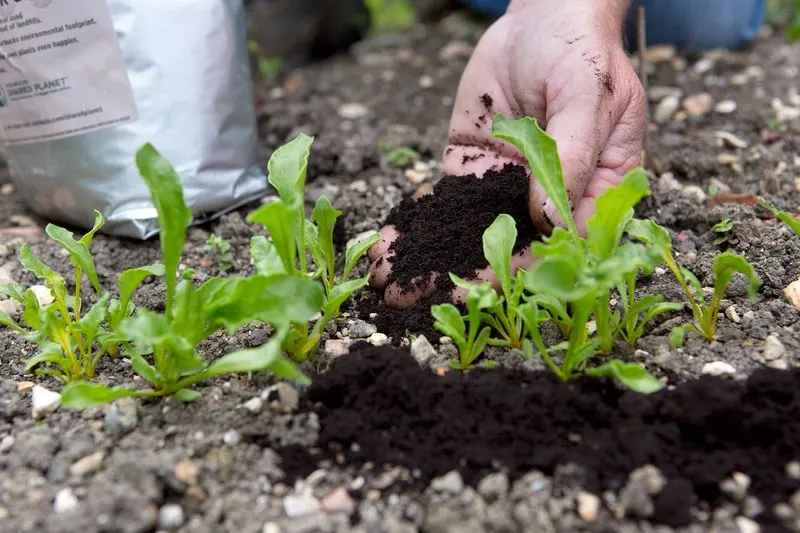
Used coffee grounds are a gardener’s best friend. They’re acidic, making them perfect for acid-loving plants like azaleas and blueberries. Spread coffee grounds thinly around the base of these plants to improve soil acidity.
Besides enhancing soil pH, coffee grounds add organic matter, improving soil texture and drainage. The grounds also attract worms, which aerate the soil, boosting plant health. Coffee grounds offer a sustainable way to enrich your garden, proving that morning brew leftovers can contribute to a flourishing garden ecosystem.
Epsom Salt Elixir
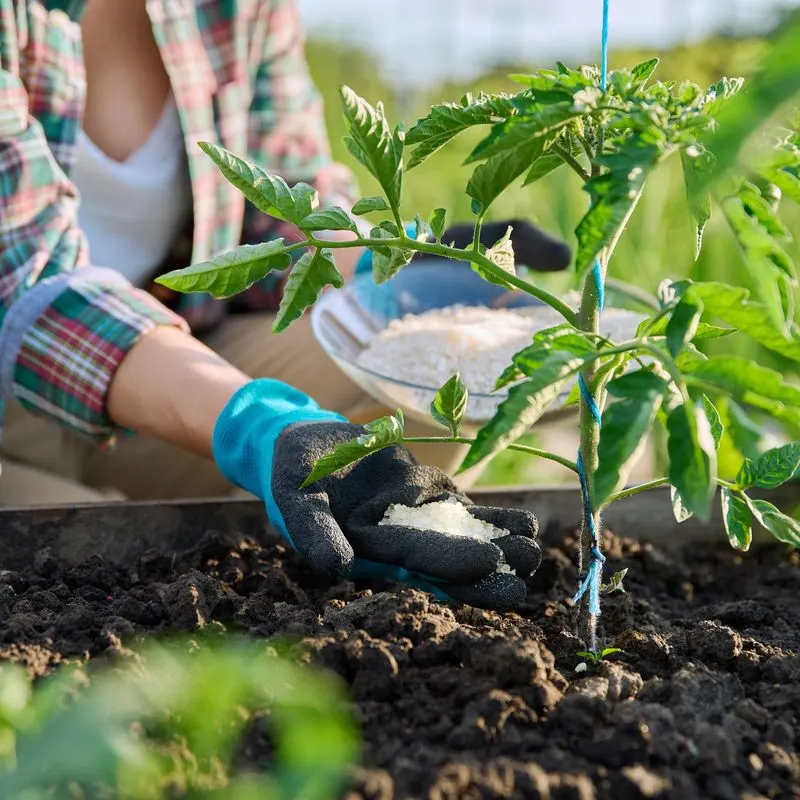
Epsom salt isn’t just for relaxing baths; it’s an excellent magnesium source for your plants. Dissolve a tablespoon in a gallon of water and use it to water your plants monthly. This application encourages greener leaves and healthier blooms by enhancing chlorophyll production.
Epsom salt also improves seed germination, increasing nutrient uptake in plants. This age-old trick is a staple among gardeners, promoting vigorous plant growth without harsh chemicals. A touch of Epsom salt in your watering routine can make all the difference in your garden’s vitality.
Vinegar Weed Control
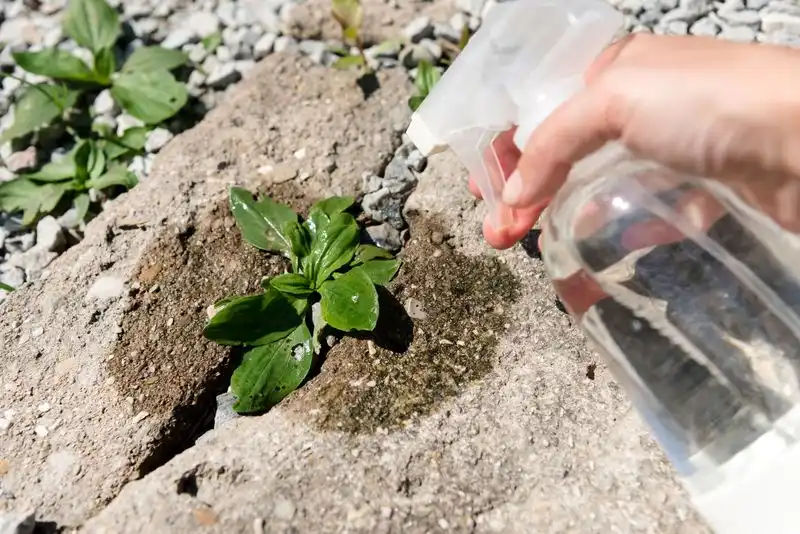
Vinegar is a potent weed killer that’s both natural and eco-friendly. When sprayed directly on weeds, it disrupts their growth, leading to their demise. This method is perfect for small weed outbreaks on garden paths and patios.
It’s crucial to apply vinegar on a sunny day for maximum effectiveness. This simple solution has been passed down through generations as an alternative to chemical herbicides. Embrace this environmentally friendly approach to keep your garden neat and free of unwanted plants without harming the soil or surrounding vegetation.
Compost Tea Brew
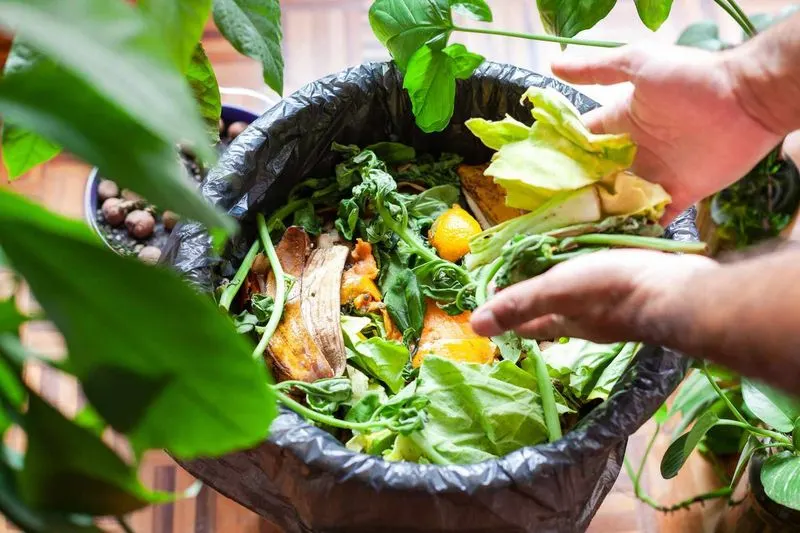
Brew a batch of compost tea to give your garden a nutrient-rich boost. Made by steeping compost in water, this liquid fertilizer is packed with beneficial microbes that promote plant health and soil vitality.
Apply compost tea to your plants’ roots or leaves for a quick nutrient absorption. This gardening gem, cherished by eco-conscious gardeners, is a fantastic way to recycle compost while nourishing your garden. It’s like giving your plants a health tonic, encouraging robust growth and resilience against diseases.
Marigold Companion Planting
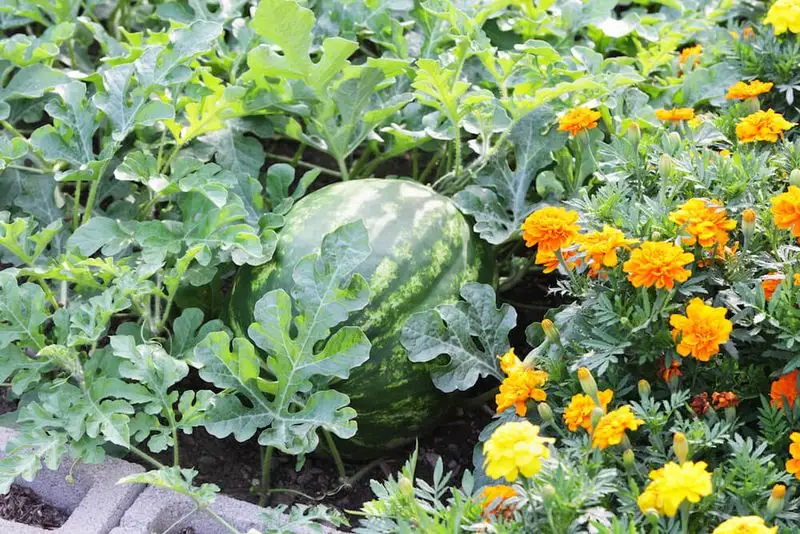
Marigolds aren’t just pretty—they’re powerful pest deterrents. Their scent repels nematodes and other harmful insects, protecting your crops naturally. Plant marigolds among vegetables to create a pest-resistant garden.
The vibrant flowers also attract beneficial insects like ladybugs, enhancing your garden’s ecological balance. This age-old practice, known as companion planting, has been a go-to strategy for gardeners seeking chemical-free pest control. Combining beauty and function, marigolds are a must-have in every garden.
Milk Fungus Treatment
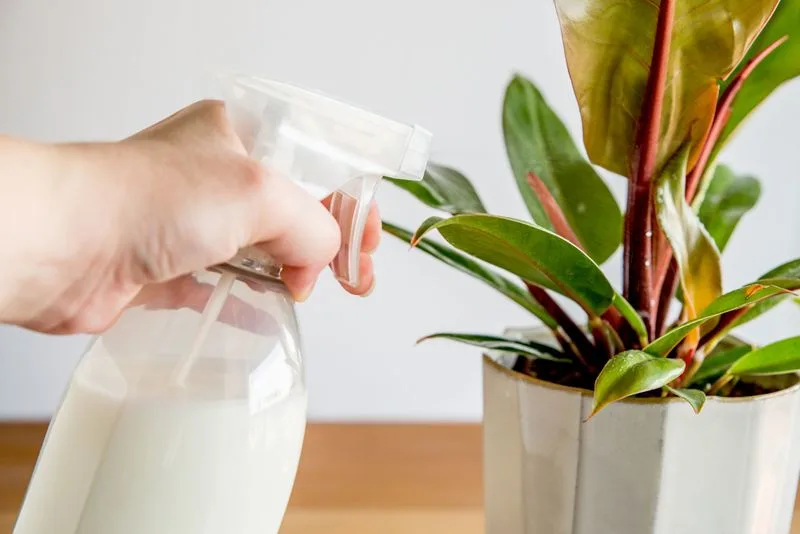
Milk isn’t just for breakfast; it’s a natural fungicide that combats powdery mildew. Mix one part milk with two parts water and spray on affected plants. The milk proteins disrupt the growth of fungal spores, helping control the spread.
Apply this solution in the morning for best results, allowing the sun to dry the leaves. This simple, chemical-free remedy has been trusted by gardeners for generations, offering a safe alternative to commercial fungicides. With regular use, milk keeps your plants healthy and looking their best.
Cinnamon Ant Deterrent
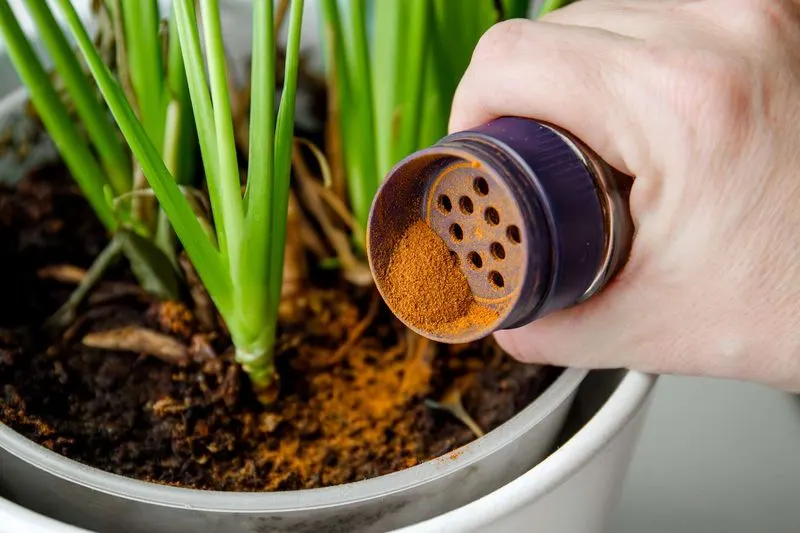
Cinnamon isn’t just a spice; it’s a savvy gardener’s weapon against ants. Sprinkling cinnamon around plants deters ants from reaching precious seedlings. The strong scent disrupts their scent trails, keeping them away naturally.
This aromatic barrier not only protects plants but also adds a sweet fragrance to your garden. Passed down through generations, this method offers an effective, non-toxic way to manage garden pests. Embrace cinnamon for a delightful and practical addition to your gardening toolkit.
Soap Bug Spray
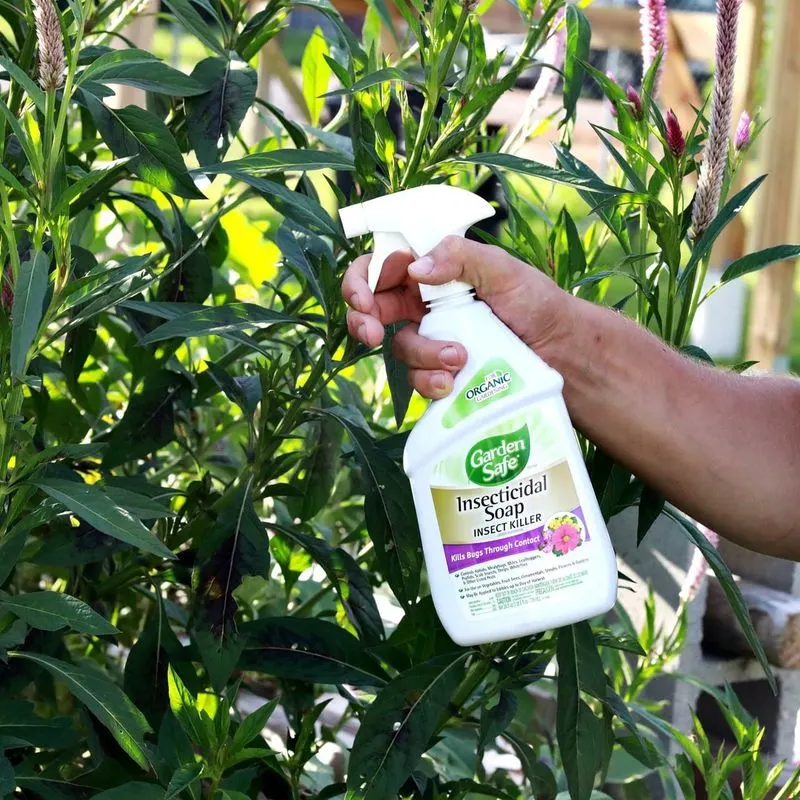
Mixing mild soap with water creates a powerful insect spray that’s gentle on plants. This solution kills soft-bodied insects like aphids and mites by disrupting their cell membranes.
Spray the solution directly on affected plants, ensuring thorough coverage. This age-old remedy is an eco-friendly alternative to chemical pesticides, providing a safe option for managing garden pests. Keep this handy solution in your gardening arsenal to maintain plant health and vigor without resorting to harsh chemicals.
Potato Eye Propagation
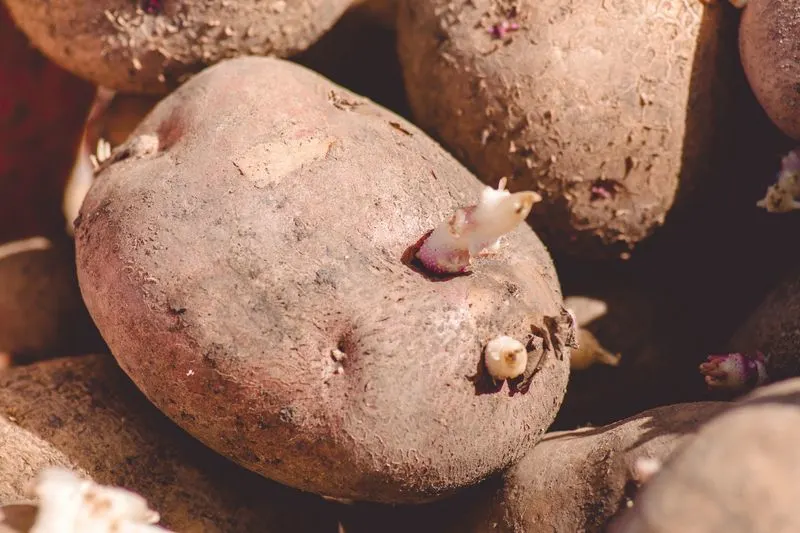
Potatoes can serve as a fantastic propagation medium. Simply cut a potato, leaving an eye on each piece, and plant it in soil. This encourages root growth in plant cuttings.
The nutrients in potatoes support new plant growth, offering a cost-effective way to propagate plants. This age-old trick, cherished for its simplicity, allows gardeners to multiply their plant collection efficiently. Using potatoes to propagate ensures healthy, thriving plants without specialized equipment or materials.
Aloe Vera Healing Gel
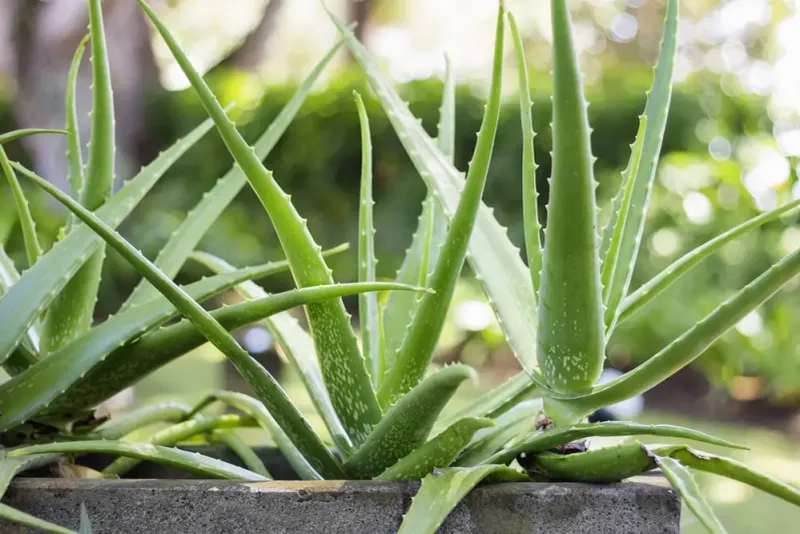
Aloe vera is more than a soothing gel for burns; it’s a gardener’s ally for plant health. Applying aloe gel to plant wounds speeds up healing. The gel’s antibacterial properties prevent infection, ensuring rapid recovery.
Beyond wound healing, aloe vera gel can be used in watering to promote root growth. This natural remedy has been trusted by gardeners for its multifaceted benefits, keeping plants healthy and thriving. Aloe’s versatility makes it a staple in eco-friendly gardening solutions.
Garlic Pest Spray
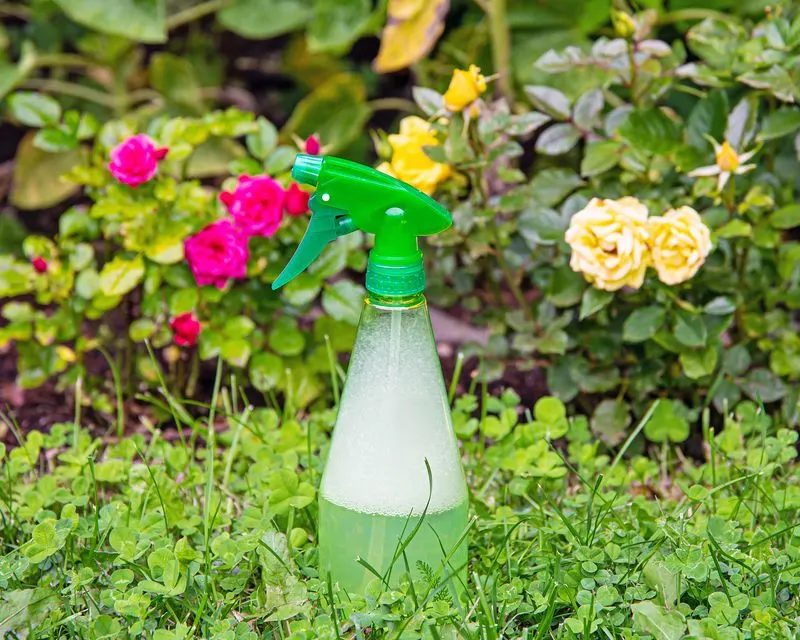
Garlic’s pungent aroma isn’t just for cooking; it’s a potent pest repellent. Crush garlic cloves and steep them in water to create a spray that wards off insects.
This natural pesticide can be applied to plants to deter aphids, beetles, and other nuisances. Generations of gardeners have employed garlic’s powerful scent to protect their crops without chemicals. Keep your garden thriving with this aromatic, eco-friendly solution that’s as effective as it is simple to prepare.
Baking Soda Mildew Cure
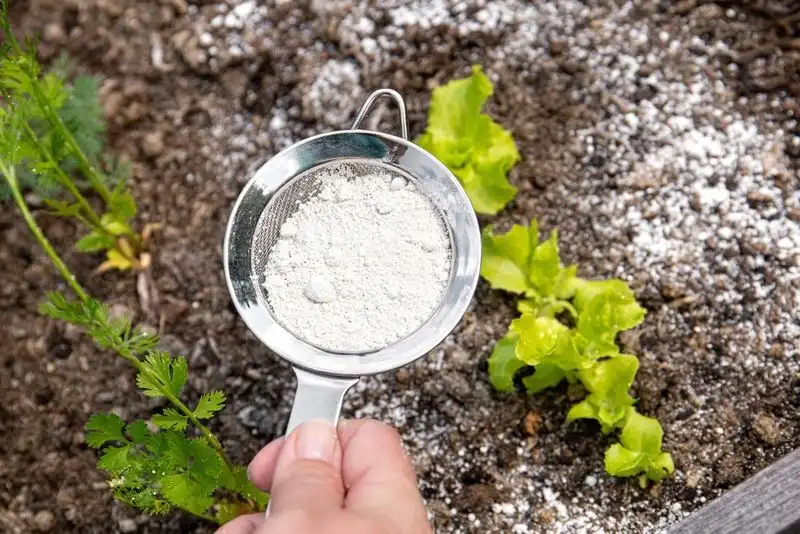
Baking soda, a kitchen staple, is also a gardener’s friend in combating mildew. Mix a teaspoon with water and spray on affected plants to reduce mildew growth.
The alkaline nature of baking soda disrupts the conditions fungi need to grow. This simple solution has been favored by gardeners for its effectiveness and safety. Keep your garden free from fungal issues with this trusted remedy that’s gentle on plants and tough on mildew.
Chamomile Tea Plant Tonic
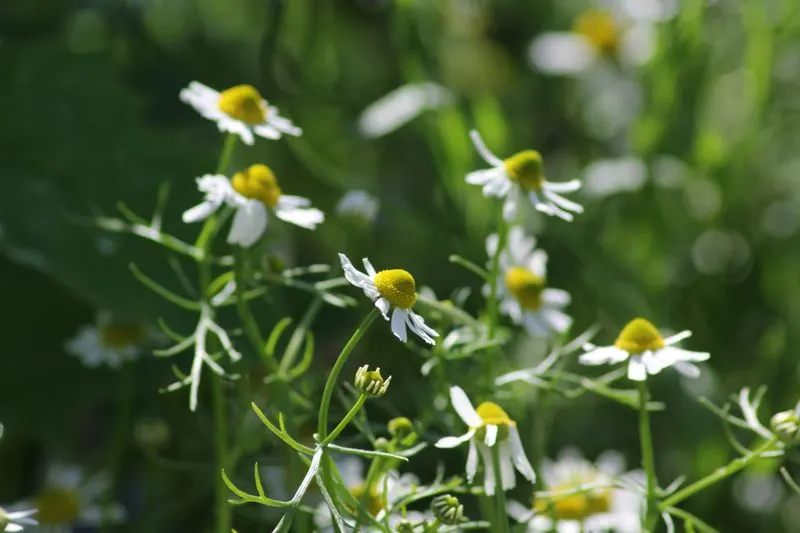
Chamomile tea isn’t just calming for people; it’s a tonic for plants. Rich in antioxidants, it helps prevent damping-off disease in seedlings. Water your plants with cooled chamomile tea to promote growth and resilience.
This method has been cherished by gardeners who seek natural, chemical-free solutions. Chamomile’s soothing properties extend beyond humans, nurturing tender seedlings and ensuring their robust development. Incorporate chamomile tea into your gardening routine for healthier, stronger plants.

